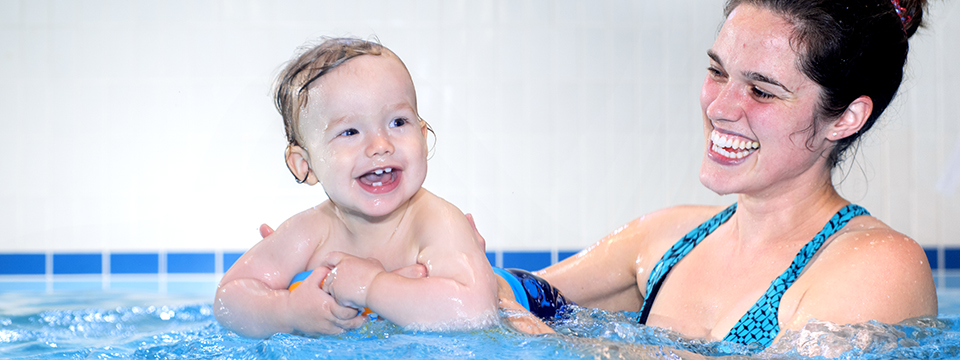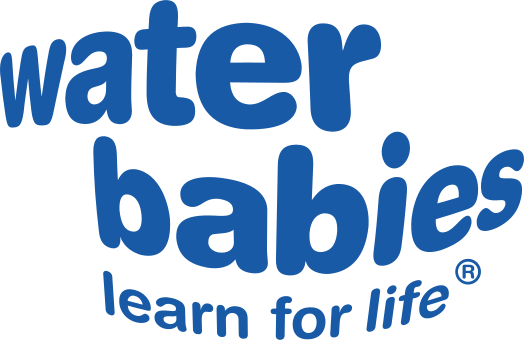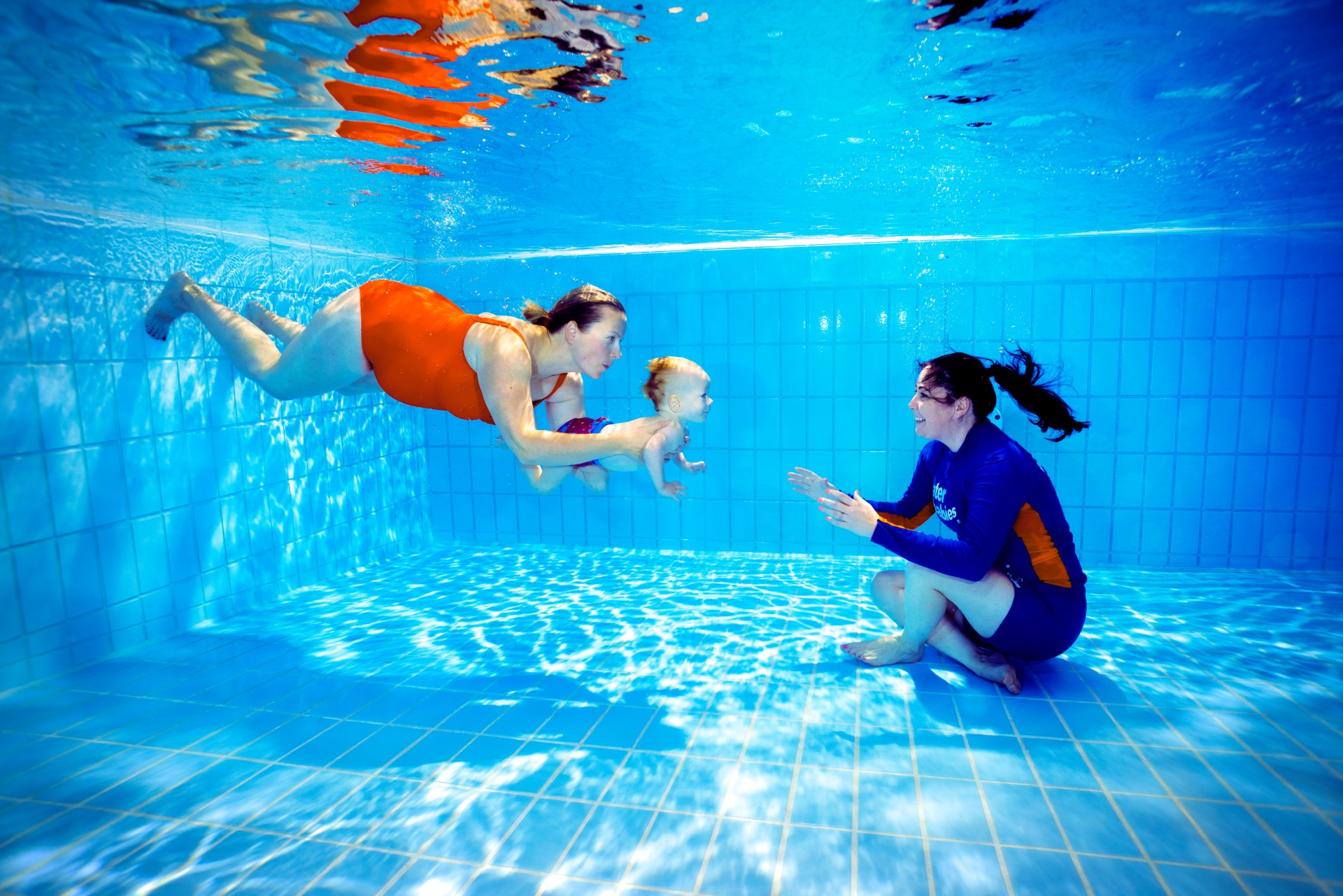When singing to our little one, we help them develop cognitively.
It’s okay if you’re not the next Ariana Grande or Lewis Capaldi. And it’s even okay if you can’t really sing at all (not many of us can, even if we like to think so). Even if you can’t belt out a ballad on a karaoke machine, your voice has the power to do so much more than entertain your little one.
Because when we sing to our little one, we help them develop cognitively. Here’s how!

Regulation
Singing regulates your little one’s sense of awareness and attention, helping them to keep calm.1 It’s proven to have a bigger reduction in the levels of cortisol (the main stress hormone) in babies’ bodies than would be reduced just through regular speaking. Singing also settles you too, so you’ll both feed off one another.
Harmonies help health
A study carried out in an intensive care unit showed that babies who had been sung to by their parents had improved heart and respiratory rates, better sleep, feeding patterns and weight gain.
Language
Although reading aloud to your baby can help with their speech, it’s actually singing that helps prepare them for language. The higher and lower pitches of your voice all help engage their brain. Nursery rhymes offer a new set of words that we might not use every day, broadening their vocabulary.
Move to the groove
The melody of a song will get your baby moving! And we know that physical development also aids mental development too.
Melody for memory
Nursery rhymes and traditional songs tend to be repetitive (and we know they can drive us absolutely bonkers). But this repetition is really good for fostering your little one’s memory.
Songs play a bit part in our lessons. In fact, they’re how we get our little ones (and their carers!) to remember key skills. And they’re also there to bring some joy to our lessons and support creativity and imagination.
So sing to your baby! They’ll really thank you for the music and those songs you’re singing (if you got that reference, you’re doing well maestro!).

